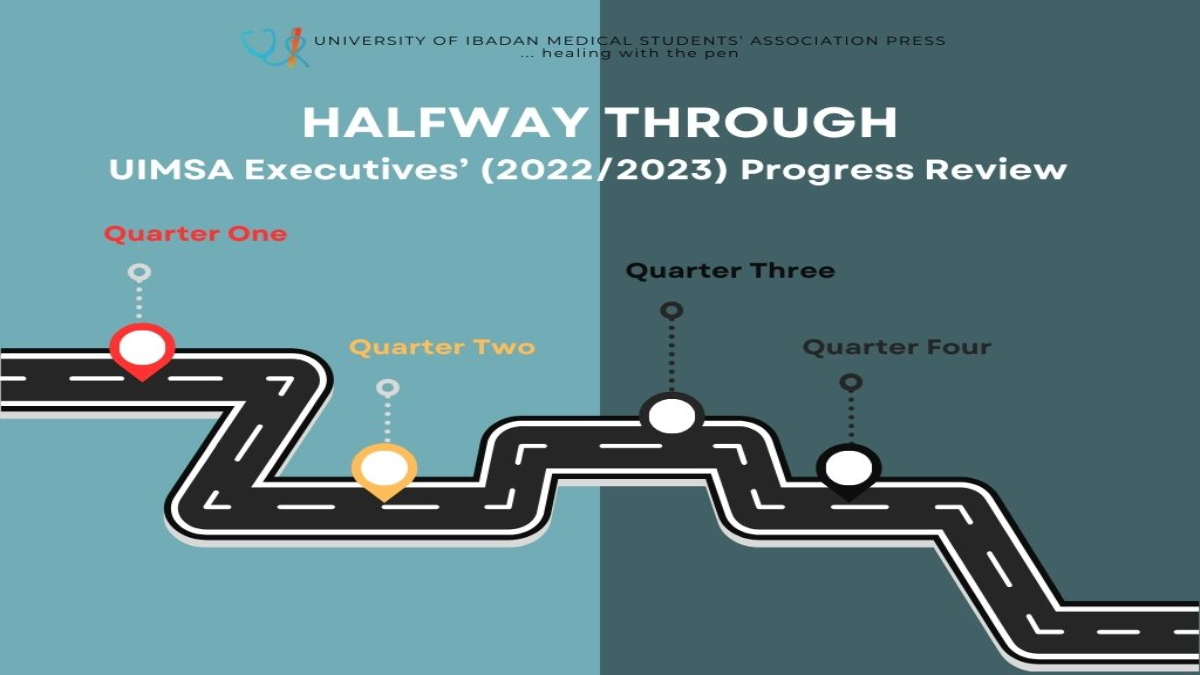Cultivating Success in Medical School: It’s All About You

In medical education, a subtle but pervasive stereotype often shadows the pressure to either conform to societal expectations or rebel against them. This presents a daunting challenge for the average medical student. Yet, amidst this struggle, the beauty of diversity often goes unnoticed. This article delves into this systemic issue, uncovering its origins and exploring measures to address it.
This ingrained stereotype stems from historical expectations and societal ideals that have idealized the medical profession. Success in medicine has long been perceived as a rigorous, academically-focused journey. The emphasis on excelling in exams, securing prestigious residencies, and publishing groundbreaking research has created an environment where academic performance is often considered the sole measure of true success. This singular definition fosters a culture where stress is normalized, neglecting its toll on mental and emotional well-being.
Consider the prevailing narrative of success in medical schools worldwide—the Best Graduating Student (BGS), Most Awarded Scholar, etc. While these academic milestones are great in their own right, success needn’t be confined to academics alone. Not every medical student can be the BGS, nor should they feel compelled to conform their definition of success to academics alone. Rather, success in medicine should mirror the diversity of all students.
For medical students, achievement holds diverse meanings. Yet, accomplishments—like academic recognition, high scores in medical exams, balancing extracurricular activities with professional life, and receiving awards, validate their efforts and showcase a well-rounded approach to medical education. These achievements exemplify the ‘extra’ in extraordinary.
Success in this intricate field transcends acing exams. Some students seamlessly blend academic excellence with active community involvement or groundbreaking research. Others juggle studies with family responsibilities or financial constraints. Medical school teaches students to save lives, urging them to excel in various domains. While some pursue academic distinction, others place greater value on leadership roles, financial breakthroughs, or personal development. Consequently, a combination of these factors—not just one of them—must define success for a medical student.
We must not overlook the student who, while not the BGS, consistently demonstrated exceptional communication skills, ensuring patients felt heard and cared for. Or the student who championed community health initiatives, making a tangible impact beyond the classroom. These accomplishments and skill sets are commendable; why then do some students still doubt their efforts?
The medical field embraces diversity, reflecting society’s mosaic, with students from various ethnicities, genders, socioeconomic statuses, and educational backgrounds. This diversity enriches medical education and fosters an environment that values unique perspectives, experiences, and a shared passion for saving lives.
Overcoming the neglect associated with personalized definitions of achievement is an essential component of a medical student’s growth. The test of time, adaptability, commitment, and open-mindedness, prepares medical students in the evolving world of medical practice. Unfortunately, some students struggle in this regard.
The repercussions of high-end expectations manifest externally and internally. Externally, students excelling in both academic and non-academic spheres may be labelled as over-ambitious or attention-seekers, leading to isolation for such students. Internally, it takes a toll on their overall well-being. Students battling depression or, insecurity (and any other mental challenges) may develop imposter syndrome or worsen their conditions while striving to meet these expectations.
These adverse effects necessitate a shift from conformity or rebellion toward prioritizing personal happiness. Medical students should do what they love while excelling academically. Every student must know that they can be whoever they want, in whatever space they are in, and still achieve greatness, provided they put in the right amount of hard work. More so, aligning goals with peace of mind is crucial.
The evolving and collaborative nature of medical school demands intentionality in self-improvement and the pursuit of competence. Advancements in medicine, Art in Medicine, Digital Health, Healthcare Finance, and Bioethics—reflect a diversifying landscape, and Nigeria, despite its limitations, is already (though gradually) embracing this diversification by investing in the healthcare sector. We are also witnessing the rise of various organizations and initiatives designed to educate and encourage students towards this diversification. A good example is the COMUI Provost Award, dedicated to honouring medical students who have excelled in leadership, community service, and other non-academic spheres while educating attendees on the importance of diversity in medicine.
Also, students can participate in mentorship programs that offer guidance beyond the rigid framework of academic achievements, steering them away from the damaging belief that success lies solely in excelling in exams. Mental health resources are likewise being introduced to address the toll of perfectionism and unrealistic expectations. Open dialogue forums encourage students to share their diverse experiences, fostering a more compassionate and holistic perspective on personal achievements.
To survive or to succumb, inevitably depends on the student. A medical student’s sense of achievement and fulfilment should be self-defined, based on personal aspirations, not stereotypes or societal expectations.
It’s time we celebrated the medical student juggling extracurricular activities, business, volunteering at a local clinic, managing financial challenges or blending another career with medicine, while all managing to maintain a healthy work-life balance. Their resilience and unwavering determination deserve acknowledgement as much as a stellar academic performance.
Egbinade Victor and Okafor Ndidiamaka




Thanks for the insightful article sir.